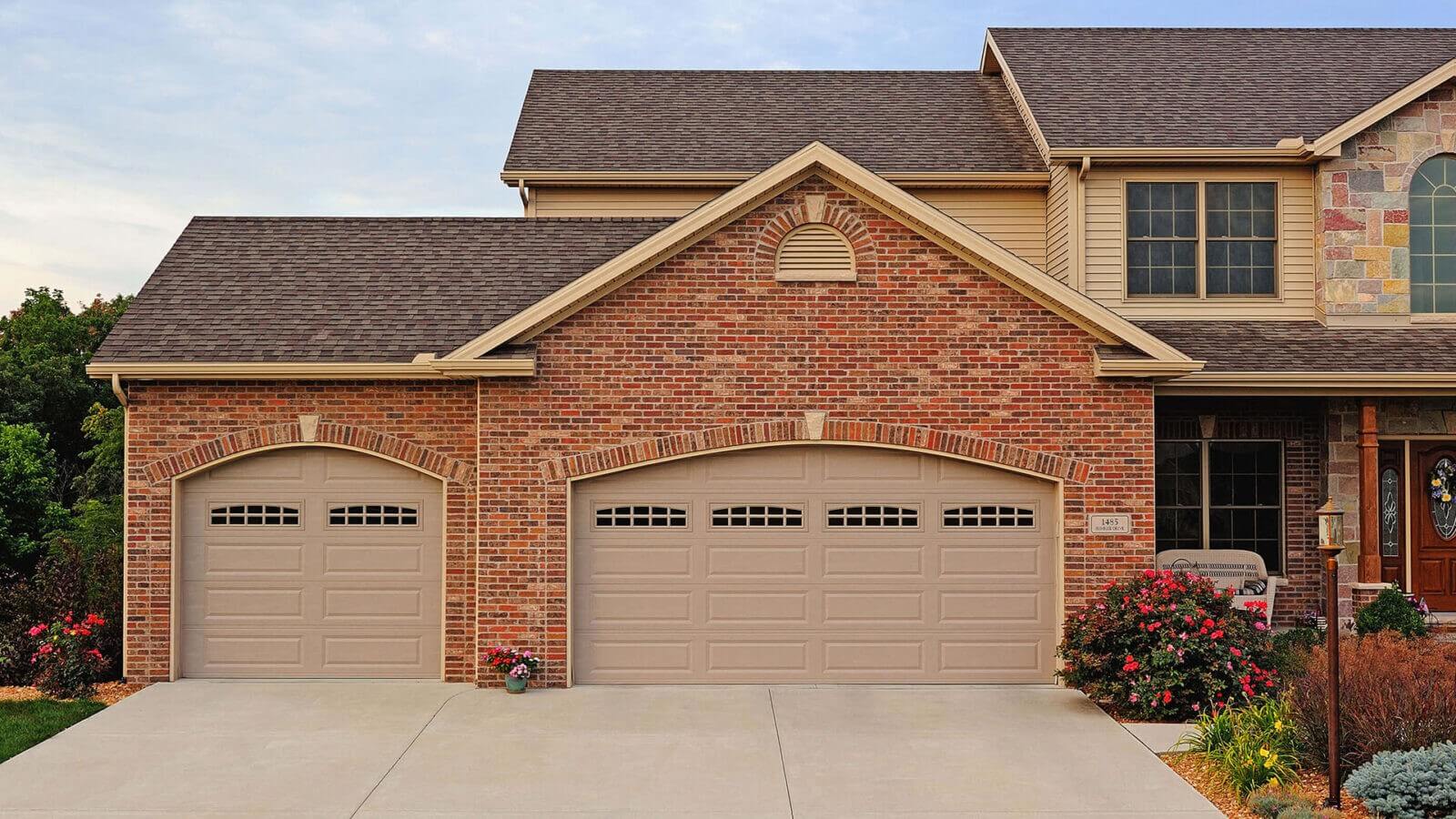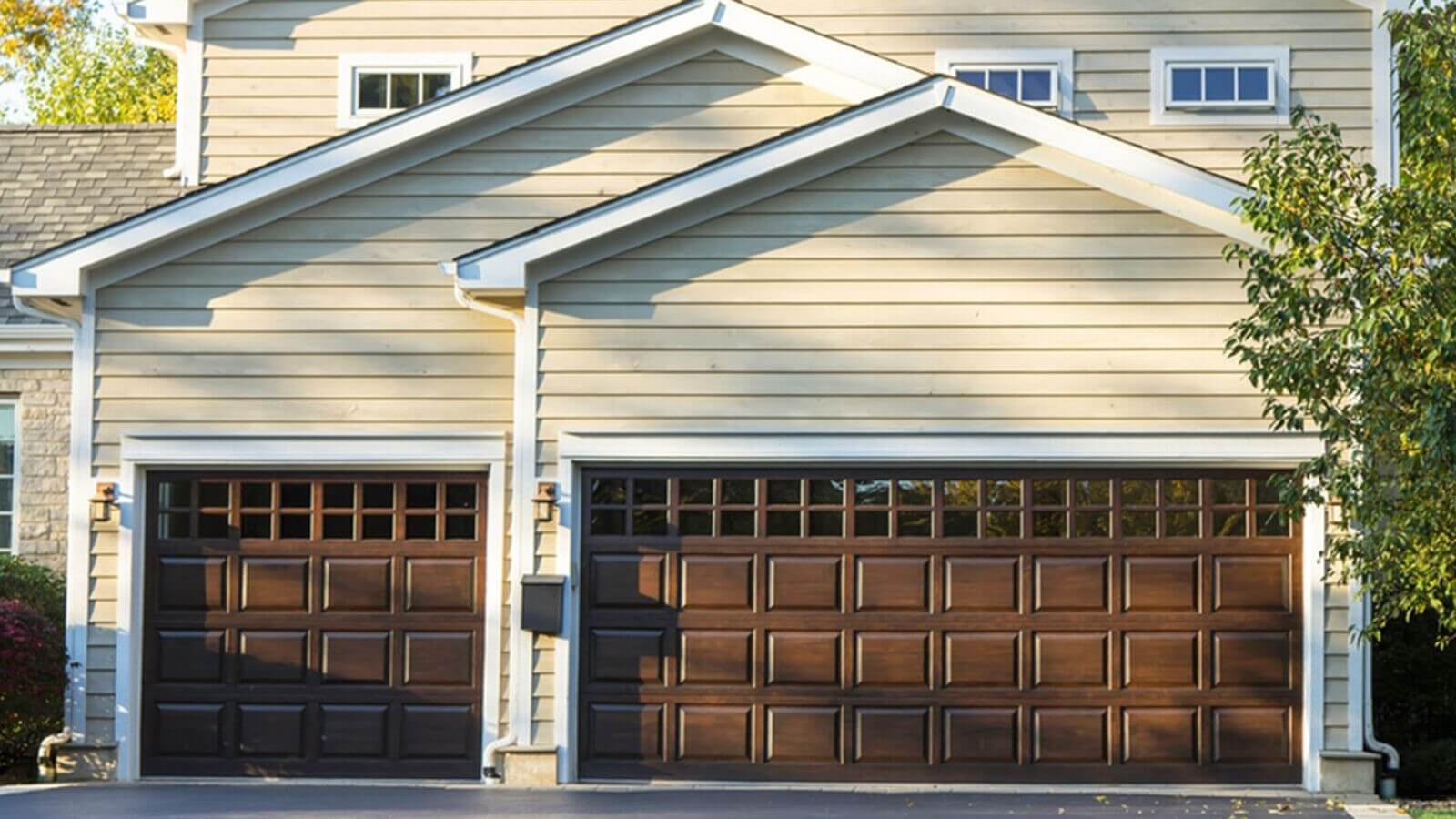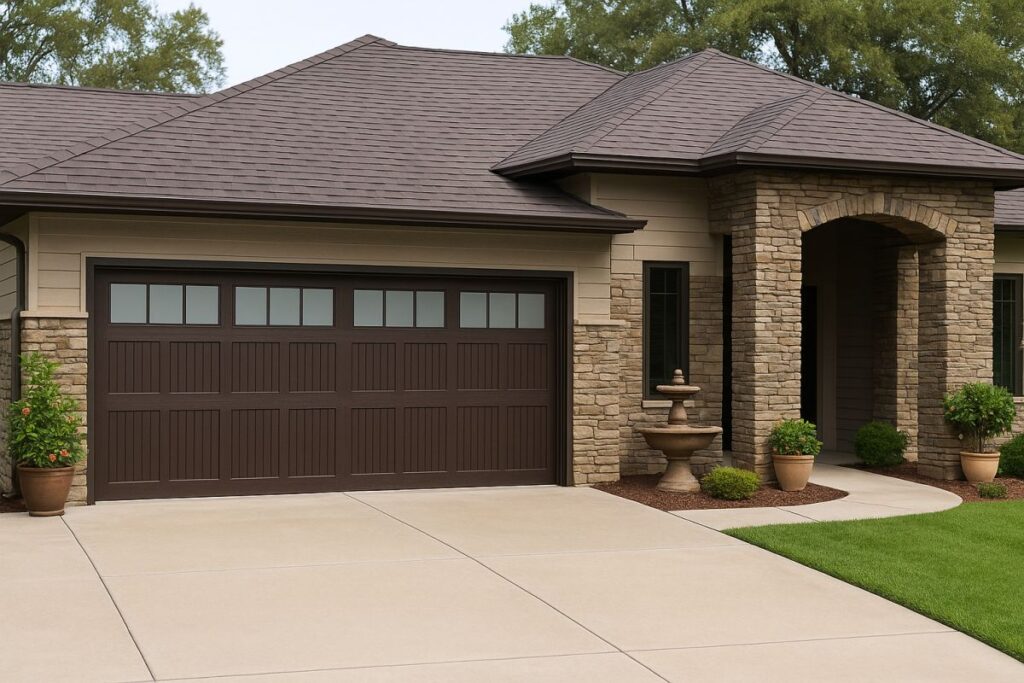Commercial vs. Residential Garage Doors: Key Differences Every Business Owner Should Know
Introduction
When it comes to garage doors, the choice between commercial and residential options can significantly impact a business's functionality, safety, and aesthetic appeal. Commercial vs. Residential Garage Doors: Key Differences Every Business Owner Should Know is not just a catchy title; it’s a vital consideration for business owners looking to make informed decisions. Understanding these differences can pave the way for better investment choices, ensuring that your garage door meets both operational needs and compliance with local regulations.
Choosing the right type of garage door requires a deep dive into various factors, including material, size, installation requirements, security features, and maintenance expectations. This article aims to provide a comprehensive overview of these aspects, making it easier for you to navigate through the options available in the market today.
Understanding Garage Doors: A Brief Overview
What are Garage Doors?
Garage doors serve as an entry point for vehicles and equipment while also providing security to your property. With various types available on the market today—ranging from manual to automatic mechanisms—these doors can be tailored to fit specific needs.
The Importance of Choosing the Right Type
Investing in the right type of garage door isn’t just about aesthetics; it's about functionality and safety as well. A malfunctioning door can lead to operational delays or even safety hazards. Therefore, understanding whether you need a commercial or residential garage door is crucial.
Commercial vs. Residential Garage Doors: Key Differences Every Business Owner Should Know
1. Material Composition
Commercial Garage Doors
Commercial reliable garage door repair Pasadena options are typically constructed from materials designed for durability and strength. Common materials include:
- Steel: Known for its robustness.
- Aluminum: Lightweight yet strong.
- Fiberglass: Offers some flexibility in design.
These materials ensure that commercial garage doors can withstand heavy usage and external stressors better than their residential counterparts.
Residential Garage Doors
Residential doors are often made from:
- Wood: Offers a classic look but requires more maintenance.
- Vinyl: Resistant to dents but may not be as strong as metal options.
- Steel/Aluminum: Also available but typically lighter in gauge.
While they can be durable, residential garage doors are generally designed with aesthetics over functionality in mind.
2. Size Specifications
Commercial Garage Door Dimensions
Commercial garage doors come in larger sizes compared to residential ones because they must accommodate larger vehicles like trucks or machinery. Standard dimensions often start at 12 feet wide and go up from there depending on specific needs.
Residential Garage Door Dimensions
Residential garage doors usually measure around 8–10 feet wide for single-car garages and 16–20 feet for double-car garages. These dimensions cater primarily to standard consumer vehicles like cars and SUVs.
3. Weight Considerations
Commercial Door Weight Factors
Due to their robust construction materials and larger sizes, commercial garage doors are generally heavier than residential models. This weight necessitates stronger lifting mechanisms.

Residential Door Weight Factors
Residential models are lighter because they don’t need as much structural integrity or heavy-duty hardware. This allows homeowners more flexibility when choosing automation systems.
4. Security Features
Enhanced Security in Commercial Garages
Security is vital for businesses; thus, commercial garage doors often come equipped with high-security locks and advanced locking mechanisms that resist tampering effectively.

Basic Security in Residential Garages
While many modern residential options offer decent security features like automatic locks or keypad entry systems, they might not provide the same level of protection against determined intruders as commercial models do.
5. Operating Mechanisms
Automated Systems in Commercial Models
Most commercial setups incorporate advanced automated systems that allow remote access control and integration with security systems such as alarms or surveillance cameras.
Manual vs Automated Systems in Residential Models
Many residential garages still use manual openers although automated versions are increasingly popular due to convenience factors like smartphone apps offering remote access capabilities.
6. Cost Implications
Initial Investment Costs
The initial investment for commercial garage doors can be substantially higher due to their size and material quality compared to standard residential models. While you may save upfront on a smaller scale solution at home, consider long-term expenses related to durability over time.
Maintenance Costs Over Time
Though commercial models may cost more initially, their longevity could offset costs incurred through repairs or replacements down the line—especially important when considering services like commercial garage door repair that might arise frequently due to wear-and-tear associated with heavy usage scenarios found in businesses versus homes where usage patterns differ significantly.
FAQs
What types of businesses require commercial garage doors?
Businesses ranging from automotive repair shops to warehouses often require robust solutions capable of handling frequent traffic flow while maintaining security features appropriate for their operations.
Can I convert my residential garage into a commercial space?
Yes! However, it will likely require significant renovations including upgrading your existing door system based on new codes applicable within your jurisdiction—consulting local authorities beforehand is advisable!
How often should I perform maintenance on my commercial garage door?
Regular inspections every 6 months coupled with immediate attention when problems arise is recommended; this helps prevent costly repairs later down the line!
Are there energy-efficient options available for both types?
Absolutely! Both categories offer insulation options which help regulate temperature fluctuations within spaces—important especially if climate control plays an essential role where goods stored inside may be sensitive!

What should I do if my commercial garage door malfunctions?
Reach out immediately for commercial garage door repair services! Prompt attention ensures minimal downtime impacting your operations!
Can I install a residential-style opener on my commercial model?
Generally speaking no; different weight distribution requires specific hardware designed specifically tailored toward heavier-duty applications found predominantly within industrial environments rather than typical household settings!
Conclusion
In summarizing our exploration into this critical subject matter— Commercial vs. Residential Garage Doors: Key Differences Every Business Owner Should Know, it's clear that understanding these distinctions serves far beyond mere curiosity—it’s essential knowledge every business owner must possess! The implications of choosing incorrectly could result not only in financial repercussions but also impact daily operations significantly affecting overall productivity levels achieved during peak hours where efficiency reigns supreme!
Choosing wisely means evaluating everything from material composition through operating mechanisms until weighing cost implications thoroughly before making any final decisions regarding which pathway best suits individual requirements moving forward into future endeavors!